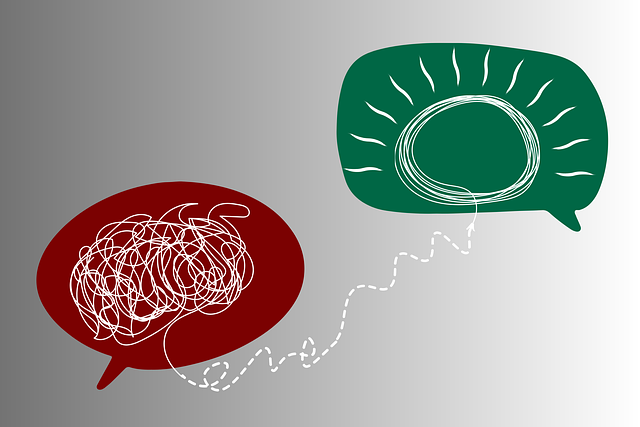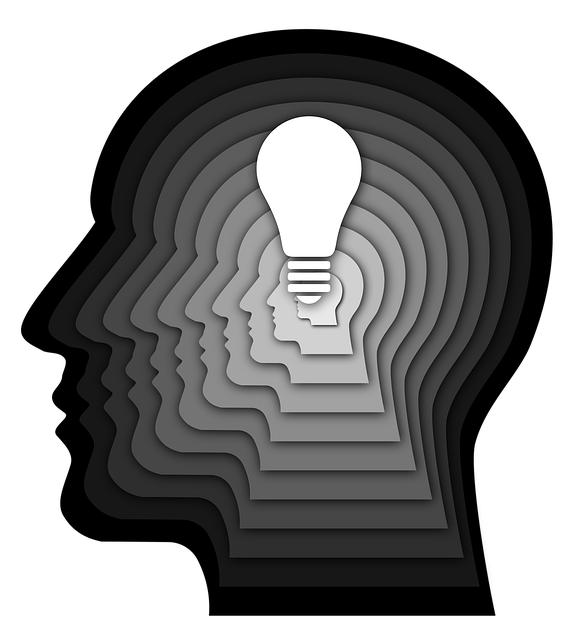Evaluating therapy for adults, especially play therapy, requires a multi-faceted approach combining structured clinical interviews, observational measures, self-reported questionnaires and functional outcomes. This comprehensive evaluation allows therapists to tailor interventions, fostering lasting positive changes in mental wellness and conflict resolution skills. Play therapy, leveraging play as non-verbal communication, is particularly effective for emotional processing, crisis interventions, and engaging diverse populations. Emerging methods like observation during play sessions and technological interventions capture subtle behavioral changes, enhancing tailored therapy approaches.
Evaluating mental wellness programs is crucial for ensuring their effectiveness. This article explores three key aspects of program assessment: therapy for adults, play therapy techniques, and measuring success across various age groups. We delve into the essential methods used to gauge the impact of these initiatives, highlighting best practices and innovative approaches. Understanding these evaluation methods is vital for professionals aiming to enhance mental health support and improve outcomes for all participants.
- Assessing the Effectiveness of Therapy for Adults: Key Evaluation Methods
- Play Therapy Techniques and Their Role in Wellness Programs
- Measuring Success: Evaluating Mental Health Initiatives for All Ages
Assessing the Effectiveness of Therapy for Adults: Key Evaluation Methods

Evaluating the effectiveness of therapy for adults involves a multifaceted approach that goes beyond mere satisfaction surveys. Key methods include structured clinical interviews, such as the SCID (Structured Clinical Interview for DSM), to diagnose and track progress. Observational measures capture the therapist’s ability to foster empathy building strategies and crisis intervention guidance during sessions. Additionally, self-reported questionnaires assess changes in symptoms, coping mechanisms, and overall psychological well-being.
Functional outcomes, measured through goal setting and achievement, offer a practical view of therapy’s impact on daily life. Self-care routine development is another crucial indicator, as it reflects clients’ ability to maintain mental health between sessions. By combining these evaluation methods, therapists gain comprehensive insights into the effectiveness of play therapy for adults, enabling them to tailor interventions and promote lasting positive changes.
Play Therapy Techniques and Their Role in Wellness Programs

Play therapy techniques offer unique and valuable tools for mental wellness programs, particularly when tailored to adults seeking emotional well-being promotion. This therapeutic approach leverages play as a means of communication, allowing clients to express themselves in a non-verbal, creative manner. Through engaging in imaginative play scenarios, individuals can work through complex emotions, process traumatic experiences, and develop coping strategies that enhance their overall mental health.
In the context of community outreach program implementation or crisis intervention guidance, play therapy can be a powerful resource. These techniques foster an environment where participants feel safe to explore their feelings, fostering emotional resilience. By incorporating play into wellness initiatives, therapists can engage adults in a fun and dynamic way, making therapy more accessible and appealing, especially for those who may resist traditional talk therapy.
Measuring Success: Evaluating Mental Health Initiatives for All Ages

Measuring Success is a vital aspect of evaluating any mental wellness program, ensuring that initiatives aimed at improving mental health are effective and tailored to diverse populations. For programs catering to adults, traditional evaluation methods often include self-report surveys and clinical assessments. These tools help gauge improvements in symptoms, mood, and overall functioning. However, with the recognition of play therapy as a valuable approach for various age groups, alternative assessment techniques are emerging.
By incorporating methods like observation during play sessions, parents’ or caregivers’ feedback, and even technological interventions, evaluators can capture subtle changes in behavior and emotional well-being. This multi-faceted evaluation allows for a more comprehensive understanding of mental wellness, especially when considering the unique needs of children and adolescents. It also enables professionals to adapt therapy types, such as play therapy for adults, to better serve different demographics, fostering better Mental Wellness and Conflict Resolution Techniques through targeted interventions.
In evaluating mental wellness programs, a multi-faceted approach is essential. Both traditional methods like assessing therapy’s effectiveness for adults and innovative techniques such as play therapy offer valuable insights. By combining these strategies, we can comprehensively measure success across diverse age groups. Incorporating robust evaluation frameworks ensures that initiatives are tailored to individual needs, fostering holistic mental health improvement.








